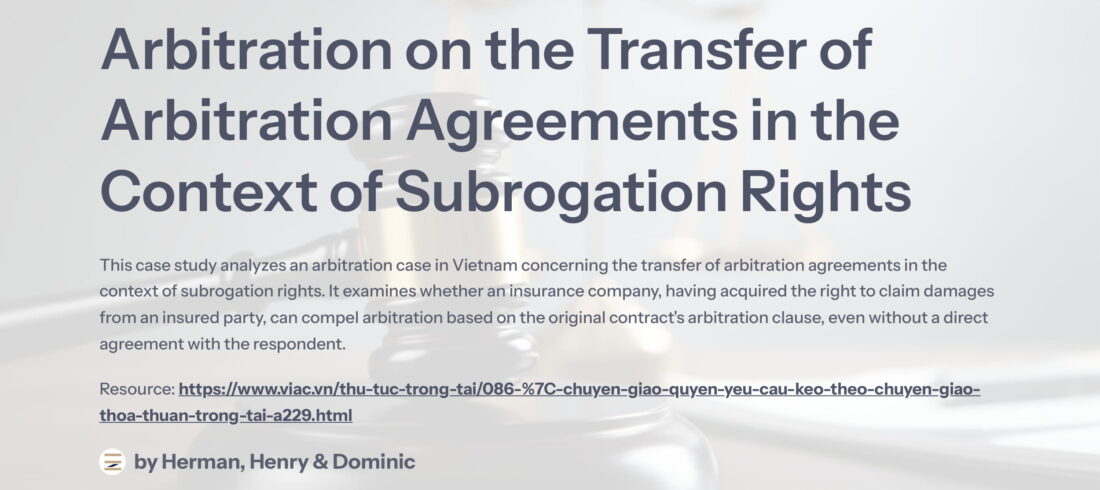I. Introduction
As Vietnam’s economy continues to grow, the country is becoming a hub for business opportunities and investments. If you are considering starting a business in Vietnam, understanding the legal framework is vital. One essential aspect to consider is the company constitution. This comprehensive guide will provide you with an overview of company constitutions in Vietnam, including their importance, essential elements, and the steps to draft one. By the end of this article, you’ll have the knowledge you need to confidently navigate the Vietnamese legal landscape and kickstart your business journey.
II. What is a Company Constitution?
A company constitution, also known as the charter, is a legal document that governs a company’s internal management, structure, and operations. It outlines the rights, responsibilities, and obligations of the company’s shareholders, directors, and officers. A well-drafted constitution is crucial for maintaining effective corporate governance and avoiding potential legal issues.
III. Why is a Company Constitution Important?
A company constitution is essential for several reasons:
- Legal Compliance: Vietnam’s Law on Enterprises mandates that every company must have a constitution to ensure adherence to the country’s regulations.
- Internal Management: It serves as a roadmap for decision-making processes and the organization’s internal operations.
- Conflict Resolution: It provides a framework for resolving disputes among shareholders and management.
- Attracting Investors: A well-crafted constitution can boost investor confidence by demonstrating professionalism and proper governance.
IV. Essential Elements of a Company Constitution
A company constitution in Vietnam should cover the following key aspects:
- Company Information: The constitution should include the company’s name, head office address, business lines, and objectives.
- Share Capital: It must specify the company’s total share capital, types of shares, nominal value, and the rights attached to each share class.
- Shareholders: The constitution should outline shareholders’ rights, including voting rights, dividend entitlements, and procedures for transferring shares.
- Board of Directors: It must provide details on the appointment, removal, and responsibilities of directors, as well as the decision-making process.
- Officers: The constitution should specify the appointment, duties, and authority of company officers, such as the general director and other executives.
- General Meetings: It must outline the procedures for organizing and conducting general meetings, including the voting process and quorum requirements.
- Dividends and Financial Matters: The constitution should clarify dividend policies, financial reporting requirements, and procedures for capital increases or reductions.
- Dispute Resolution: It must include provisions for resolving disputes among shareholders, directors, and the company.
- Amendments: The constitution should specify the procedures for amending its provisions.
V. Drafting a Company Constitution in Vietnam
To draft a company constitution in Vietnam, follow these steps:
- Consult with a Vietnamese lawyer: Working with an experienced local lawyer will ensure your constitution complies with Vietnamese laws and regulations.
- Define your company’s objectives: Clearly state your company’s business goals and the scope of its operations.
- Determine the share structure: Decide on the types of shares you will issue and the rights attached to each class.
- Establish governance policies: Outline the roles and responsibilities of directors, officers, and shareholders, as well as decision-making processes.
- Address financial matters: Define dividend policies, financial reporting requirements, and procedures for capital increases or reductions.
- Develop dispute resolution procedures: Include provisions for resolving conflicts among stakeholders.
- Finalize the constitution: Review and finalize the constitution with your lawyer’s guidance.
VI. Conclusion
A well-drafted company constitution is essential for the success and longevity of your business in Vietnam. By following this guide, you’ll be better equipped to create a constitution that adheres to Vietnamese regulations and fosters a strong foundation for







